The Titan of Romanticism
Victor Hugo: 140 Years Since His Passing
On May 22, 1885, Victor Hugo, the colossus of 19th-century literature, passed away in Paris. Today, 140 years later, we celebrate the life, works, and enduring legacy of a poet, novelist, playwright, and visionary whose words shaped minds, saved cathedrals, and inspired revolutions.
Born in Besançon, France, in 1802, Hugo came of age during a tumultuous era. His father, a general under Napoleon, and his royalist mother represented opposing ideologies, exposing him early to political conflict. Even as a teenager, his ambition was undeniable. At 14, he declared:
“I want to be Chateaubriand or nothing.”
By 20, he published his first poetry collection, Odes et Poésies Diverses (1822), earning a royal pension from Louis XVIII.
His works were not just literary masterpieces — they were catalysts for social change. Les Misérables (1862) exposed the harsh realities of poverty, injustice, and the struggles of the working class, influencing public discourse on social reform.
His advocacy for the abolition of the death penalty, expressed in Le Dernier Jour d’un Condamné (1829), contributed to growing opposition to capital punishment in France.
His writings and speeches also played a role in shaping the republican movement, inspiring resistance against Napoleon III’s authoritarian rule.
Saving Notre-Dame with Words
Hugo’s The Hunchback of Notre-Dame (1831) is more than a Gothic tale — it’s a call to preserve France’s architectural heritage. At the time, Notre-Dame Cathedral was crumbling, its future uncertain. Hugo’s vivid storytelling sparked a preservation movement, ultimately saving the iconic structure.
“Architecture has books just as much as books have architecture,” he wrote, urging France to cherish its past.
The Epic of Les Misérables
His masterpiece, Les Misérables, remains one of literature’s greatest achievements. Spanning decades, it follows Jean Valjean, a convict transformed by compassion, as he navigates injustice, poverty, and redemption.
“To love another person is to see the face of God” Hugo famously wrote.
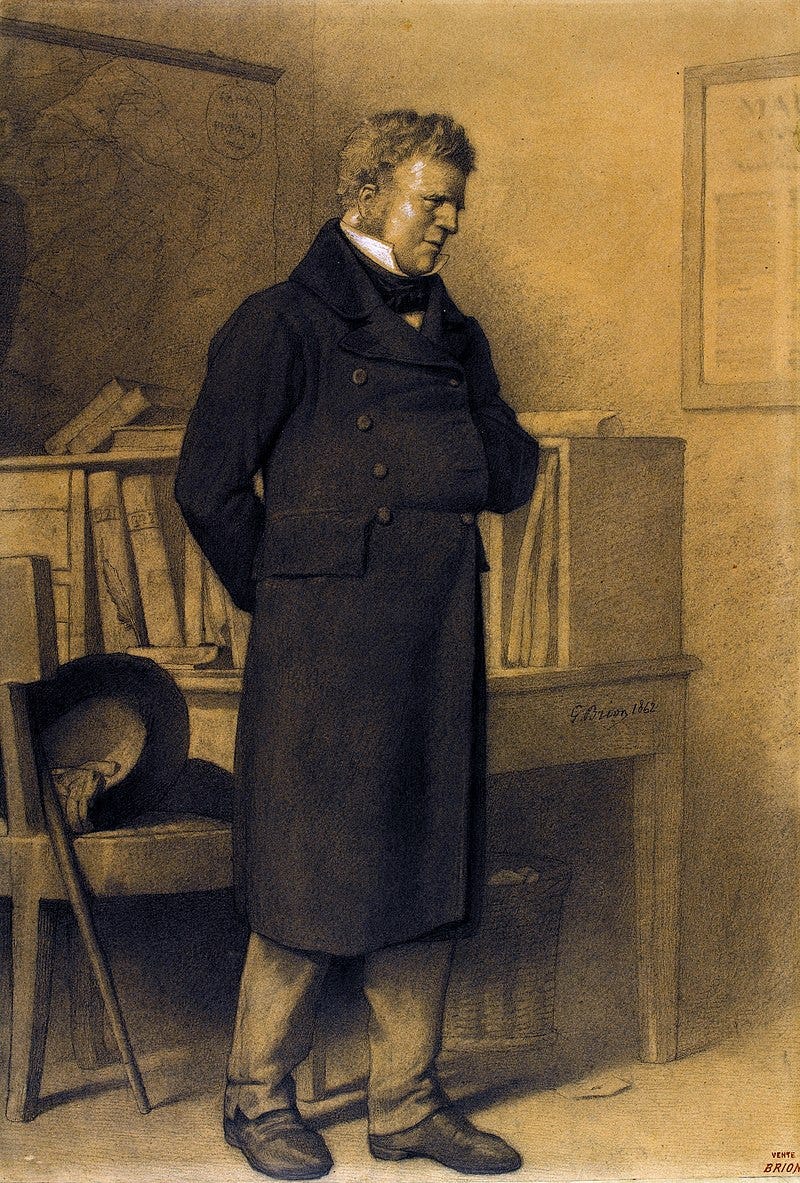
The novel’s release was a global phenomenon, selling out within hours and resonating deeply with readers.
Its themes of social justice and morality remain timeless.
Hugo’s life was marked by profound personal losses that shaped his writing. The tragic drowning of his daughter Léopoldine in 1843 deeply affected him, leading to the emotionally charged poetry collection Les Contemplations (1856).
His exile from France (1851–1870) due to his opposition to Napoleon III influenced Les Misérables, particularly its themes of political oppression and resistance.
His experiences witnessing poverty and injustice firsthand informed his portrayal of characters like Jean Valjean and Fantine.
Hugo’s outspoken criticism of Napoleon III led to 19 years of exile in the Channel Islands.
In Guernsey’s Hauteville House, he found creative refuge, crafting some of his finest works. Les Misérables took shape in this period, and his resistance to tyranny cemented his status as a symbol of justice.
A Revolutionary of Romanticism
Hugo was a driving force behind the Romantic movement, rejecting classical literary constraints in favor of emotional depth and dramatic storytelling. His play Hernani (1830) defied traditional norms, sparking riots in Paris theaters as Romantics clashed with traditionalists.
His influence extended beyond literature, shaping the visual arts, music, and theater.
Hugo’s embrace of Romanticism influenced writers like Gustave Flaubert and Fyodor Dostoevsky. His themes of social justice and human resilience resonated with later literary movements, including Realism and Naturalism.
His works also inspired operas, musicals, and films, with Les Misérables becoming one of the longest-running musicals. His artistic style, particularly his ink drawings, influenced Symbolist and Surrealist artists.
A Hidden Talent: Hugo the Artist
Few know that Hugo was also a skilled visual artist, creating over 4,000 haunting ink and wash drawings!
Experimenting with unconventional materials like coffee and soot, his surreal images mirror his literary imagination.
From Les Misérables, which inspired one of the longest-running musicals, to The Hunchback of Notre-Dame, immortalized in films and adaptations, Hugo’s influence permeates modern storytelling.
His messages — justice, hope, and resilience — remain as relevant today as they were in his time.
When he died in 1885, over 2 million people joined his funeral procession, mourning a man whose words had touched lives across the world.
He was laid to rest in the Panthéon, a fitting tribute to a national hero.
Hugo’s legacy endures because his works speak to eternal truths: love, struggle, and hope. He believed in humanity’s potential, writing
“There is nothing like a dream to create the future.”
His words still echo, reminding us that art can change minds and inspire revolutions.


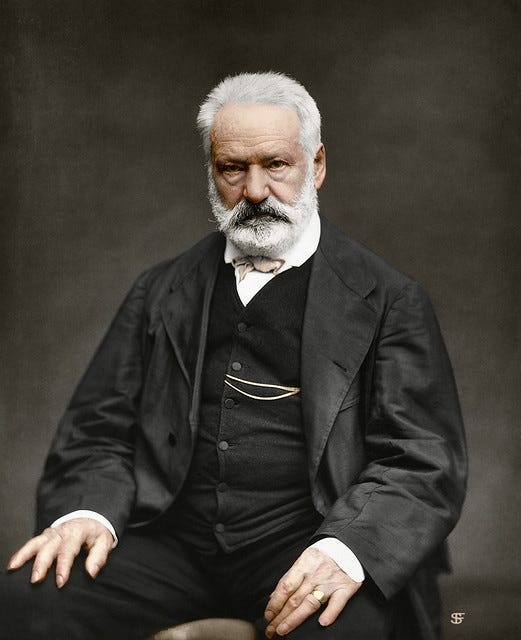

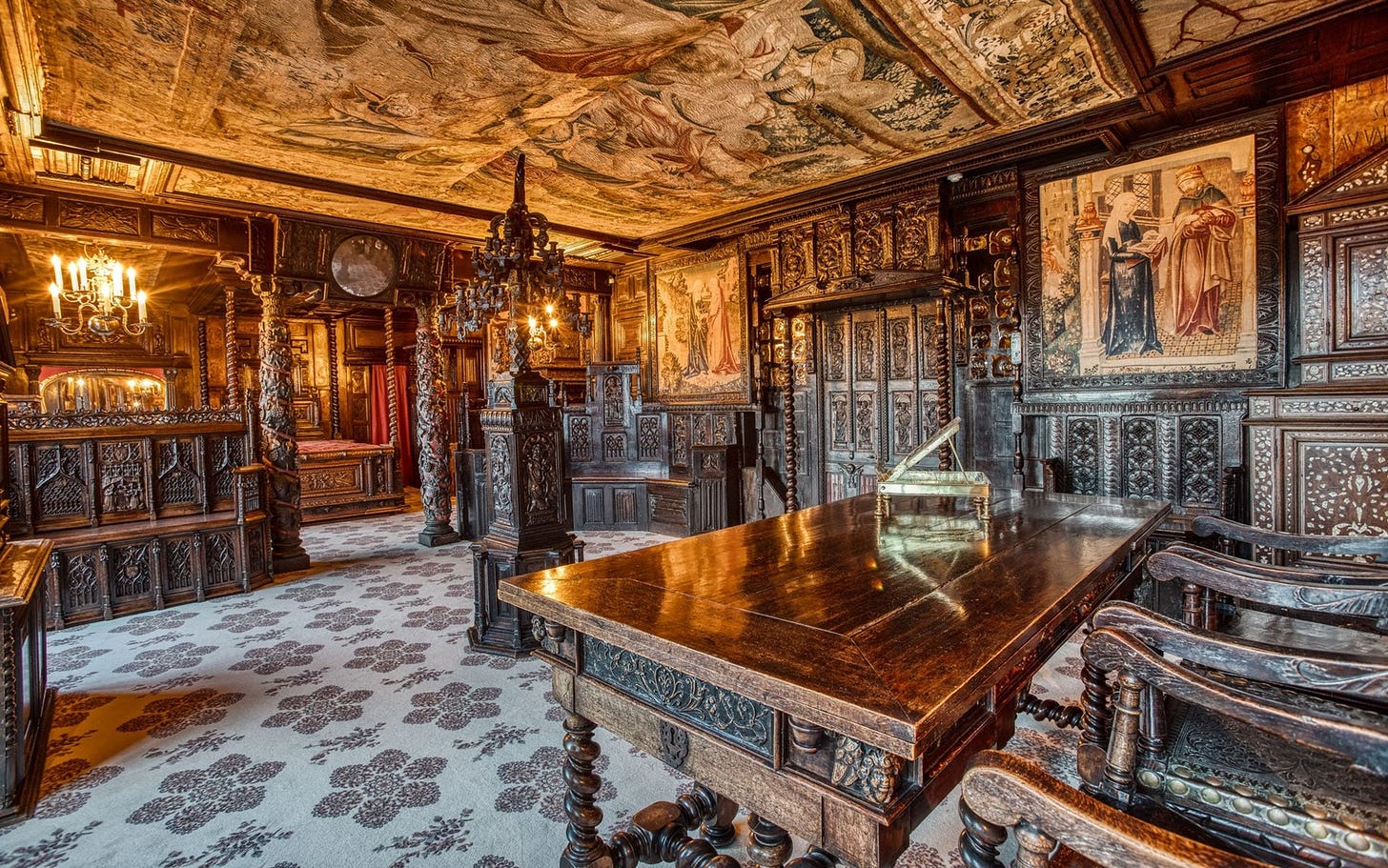
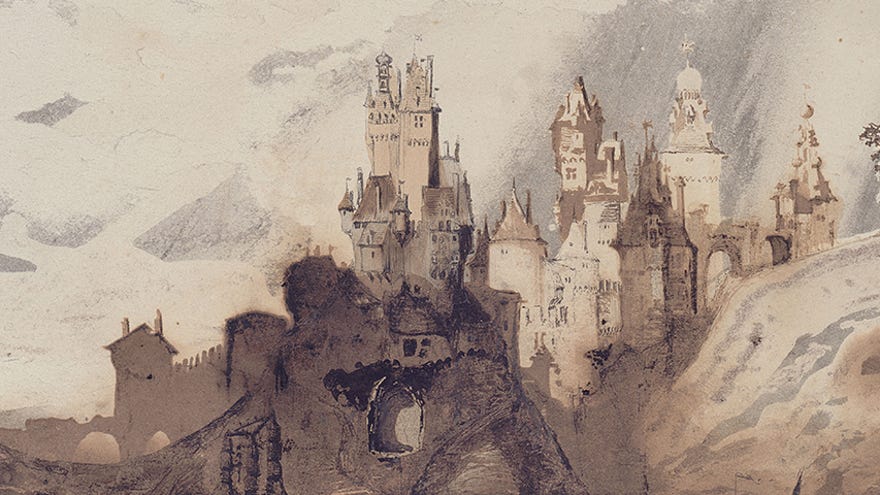
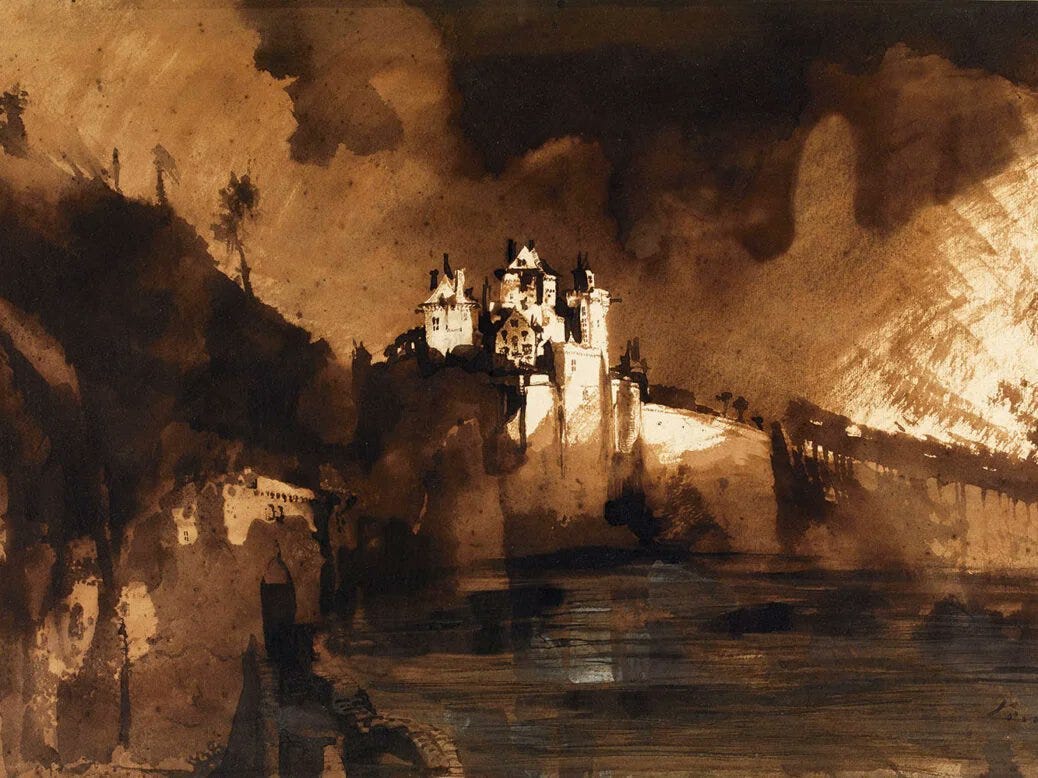
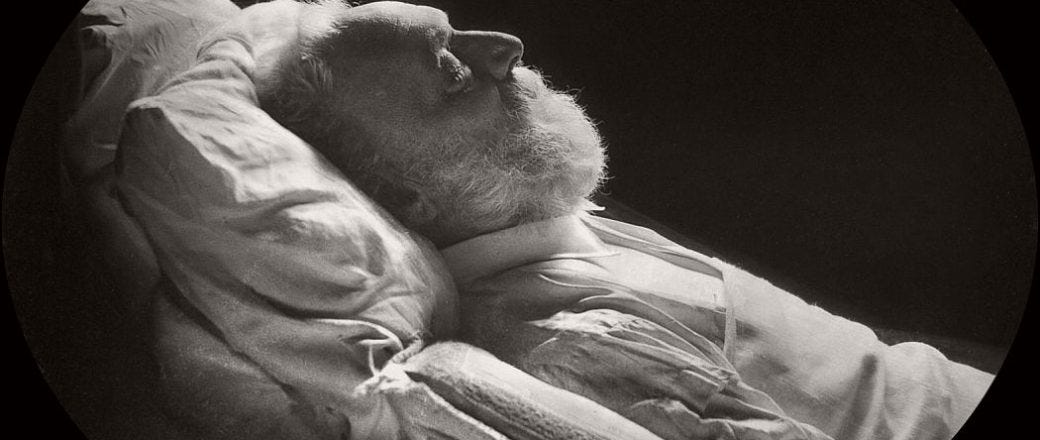
Who doesn't love Victor Hugo, his poems are among my favourites and I also really admire his art. ♥️